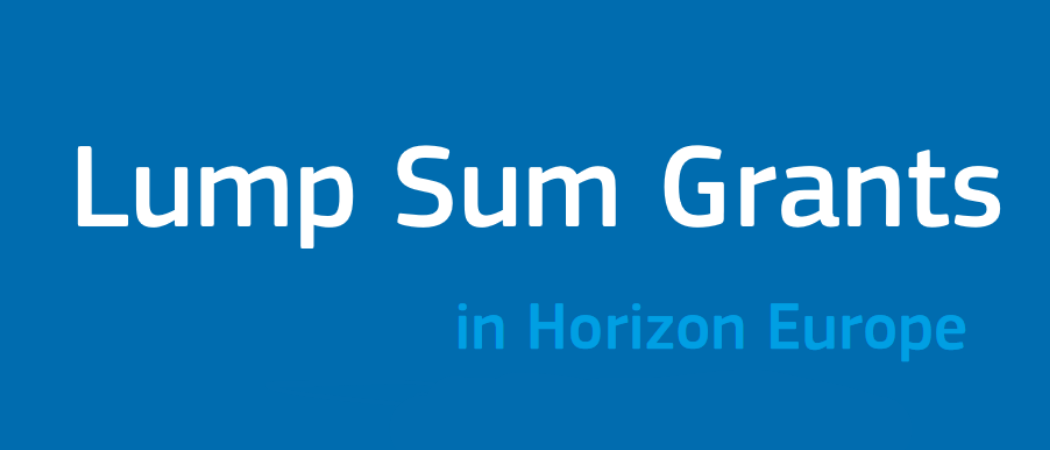The initial workload has increased and there are concerns that collaboration can be undermined, according to 68 research managers on the pros and cons of the major change to how some EU grants are handed out

Photo credits: European Union
There’s little concrete evidence of the extent to which lump sum grants are changing the EU research funding landscape but last October 68 research managers got together to discuss how it’s all going. Their preliminary conclusions published in March mirror many of the much-repeated worries about lump sums, adding weight to the anecdotal accounts of problems that have been encountered.
Lump sum funding is a new way of handing out EU research grants that is rapidly replacing traditional real-cost reporting in the €95.5 billion Horizon Europe research programme.
Beneficiaries get the funding if they deliver on the project’s…
Discover the latest in research funding every Tuesday with Funding Newswire. Dive into detailed articles with our monthly or yearly subscriptions or start with a free trial
NOTE: if you're a part of one of our Network member organisations, you get free access by signing up with your institutional email. Verify your eligibility here.





 A unique international forum for public research organisations and companies to connect their external engagement with strategic interests around their R&D system.
A unique international forum for public research organisations and companies to connect their external engagement with strategic interests around their R&D system.